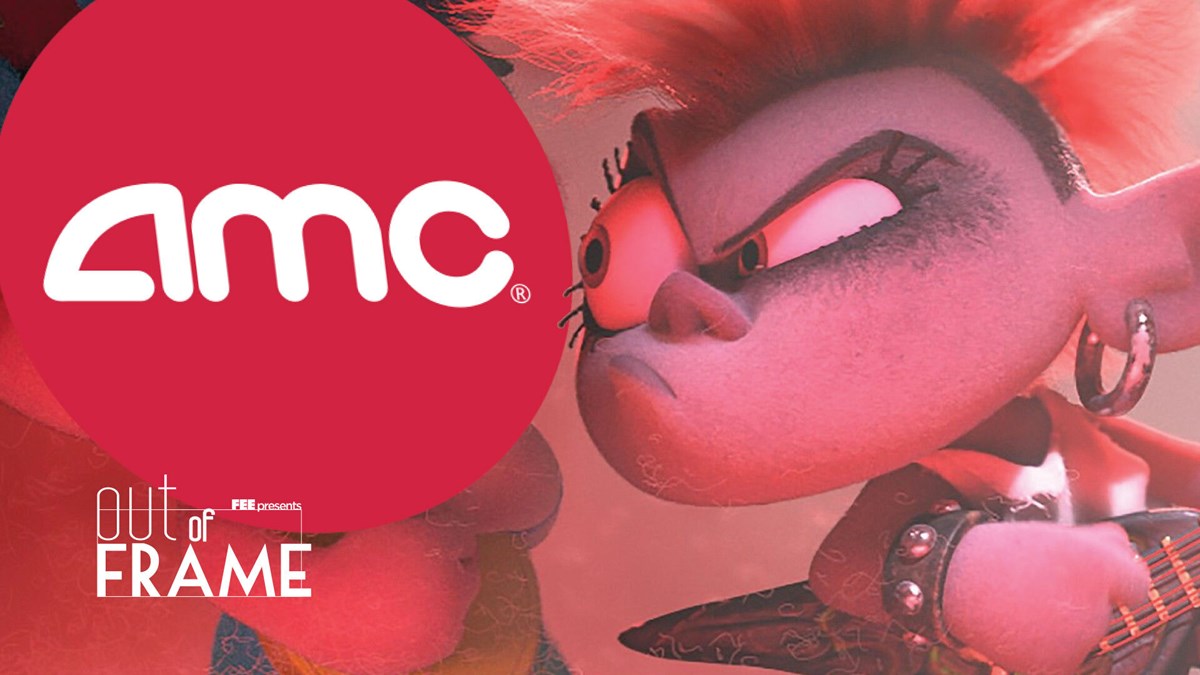With shelter-in-place orders still in effect and announcements that they’ll likely continue for quite some time in certain locations, a large number of businesses are facing the increasing likelihood that they’ll have to shutter for good like so many others already have. And while small businesses are certainly more susceptible to significant disruptions in the market than large businesses are, it isn’t only small businesses that are taking big hits due to COVID-19 policies.
It shouldn’t be any surprise that movie theaters are facing some really tough times right now. Thanks to COVID-19 and the policy responses to it, production studios keep pushing back release dates and exhibitors still don’t have a clear picture of what they will or will not be allowed to do and when. Combined with the long-running downturn in ticket sales before the virus hit, many exhibitor companies are in serious trouble.
Film studios are also feeling the heat. With filming (in the US, at least) at a halt along with many aspects of production like recording music for the scores, studios are scrambling to figure out how to get the most out of the movies they’ve already completed. With that in mind, Universal, the company that owns DreamWorks, made the decision to keep the original April 10th release date for the animated family musical Trolls World Tour. Instead of showing in theaters, however, Trolls World Tour became immediately available as a premium video-on-demand (VOD) rental.
It took three weeks for Trolls World Tour to gross about $100 million worldwide. The case could be made that the success of the movie as a premium VOD was due to the confluence of unique conditions. After all, kids were out of school and parents were hungry for fresh content to help entertain them. Theaters were closed anyway, so why not try the VOD route instead of sitting on a completed movie until some undisclosed date in the future when it would be competing with all the other hot films that also had their release dates changed?
Even so, Universal had every reason to be pleased with the movie’s success. In fact, NBCUniversal’s CEO, Jeff Shell, told The Wall Street Journal, “As soon as theaters reopen, we expect to release movies on both formats.” That is, both in theaters and on VOD.
AMC, the largest movie theater chain in the world, was very unhappy with this announcement. Its president, Adam Aron, sent out a scathing letter in response saying, “Going forward, AMC will not license any Universal movies in any of our 1,000 theatres globally on these terms.”
Regal Movies also got involved. While they didn’t go so far as to ban all the works of the entire studio, they did tweet out through their official Twitter account that they would play movies that “respect the theatrical window.”
Regal is not boycotting Universal nor any other studio. We will continue our normal policy and play movies that respect the theatrical window, allowing movies to be released first in theatres prior to streaming or VOD platforms. pic.twitter.com/xQBX4uUHfG
— Regal (@RegalMovies) April 30, 2020
The “theatrical window” is the period of time that theaters have exclusive rights to show new movies. Regal is basically saying here that it won’t play movies in its theaters that are also available via VOD.
It makes sense that theaters would be jealous of their exclusivity window. After all, it’s what keeps them in business, though, in recent years, business hasn’t been particularly good.
Some industry watchers are sure that the success of Trolls World Tour as a premium VOD spells the end of movie theaters. But then again, people have been saying that of VOD for years. Maybe this time really is different, but it’s impossible to predict the fate of movie theaters with any high degree of accuracy.
While the exact fate of the movie theater is still in question, what isn’t in doubt is that the movie-going experience will change. The theaters that can adapt to the new, post-COVID landscape of consumer preferences will survive. The ones that can’t or won’t change their strategies will go under. And movie-lovers will have a front row seat to creative destruction in action.
Granted, we’ve seen an awful lot of destruction during this pandemic that has had nothing to do with creation. But for those businesses that do survive the shut-down, only those that adapt to new customer behavior (and legal restrictions) will keep their doors open in the long run.
All industries change over time, and sometimes extraordinary circumstances (like a pandemic, for example) force that change to happen more quickly than it would otherwise. But that’s the beauty of markets. They don’t need some guiding hand to get them through disruption and turmoil. They just need to be free to adapt on their own.
And I, for one, am extremely interested to see how film exhibitors adapt.

